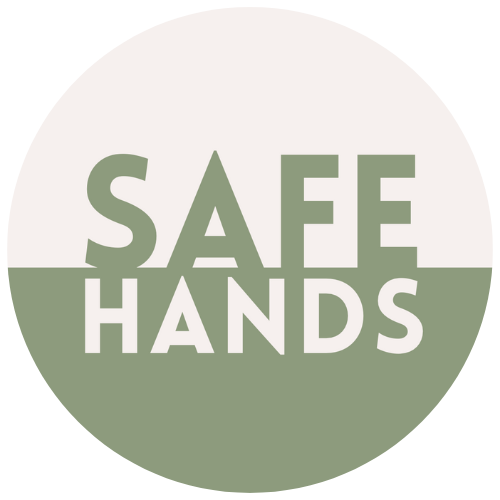My Toddler Keeps Hitting, Biting & Hair Pulling!
Hello! Let's dive into the toddler world of hitting, biting and hair-pulling!
Let's start with some (hopefully) reassuring info...
Particularly between the 15 and 18 months of age, this is so SO common! It will generally settle by 22 - 24 months of age but then it can peak again around the age of 2 and a half years old.
But WHY?
Let's step into their world...
Imagine you're learning a new language. You understand many words, but your ability to actually speak to others is super limited. One way you would naturally get around this is to use gestures, body language, your hands, all in an effort to help the other person not only understand what you are saying but also how you feel about it. Now let's take that idea, and instead of having a balanced (we would hope), adult brain...we insert an 18-month-old's.
They want a toy, yet have no way of asking for it. They want to climb onto the table, and we say that they can't do that.
Cue frustration.
Cue an inability to communicate....annnnnnndddd hey presto! You have a toddler who hits, bites, or hair pulls.
What Do I DO Then?
For Toddlers 12 - 18 Months of Age
If your child is between 12 to 18 months old, there are a few strategies you can try. To avoid turning the behavior into a game for your child, stay cool, calm, and collected. Set the scene by saying, "Stop Noah. We do not hit." Stop the action by gently holding your child's hand or moving them away from the area they are biting or hitting. Then, redirect their attention by providing the opportunity to engage in play with a different toy or activity.
For Children Older Than 18 Months
For children older than 18 months, the approach is slightly different. Again, set the scene by saying, "Stop Noah. We do not hit." Stop the action by gently holding your child's hand or moving them away from the area they are biting. Explain the emotion by saying something like, "I can see that you're frustrated. We need to wait our turn to share the toy." Then, focus your attention on the person who has been affected by the hitting etc. Ask if they are okay, provide comfort.
Something to remember
This will take time. Every child will move out of this phase at their own pace. Your child hitting, biting or hair pulling is not a sign that you are a 'bad parent'. This is incredibly common and expected behaviour for the age - its just so tough at the same time!
Something to avoid
There are a few things you should avoid doing. Yelling at your child, when they have hit or bitten a person or object, is not helpful. Laughing at your child, or other family members laughing, can reinforce to your child that they are playing a game. Also, leaving your child alone can increase their frustration and potentially worsen the situation.
I'm concerned about my child
If you're particularly concerned about your child's behaviour, don't hesitate to seek professional advice. You can speak with your Maternal Child Health Nurse or General Practitioner for individual support and advice regarding your child's behaviour.
For More Info
Biting, Pinching, Hair Pulling factsheet by Raising Children's Network
